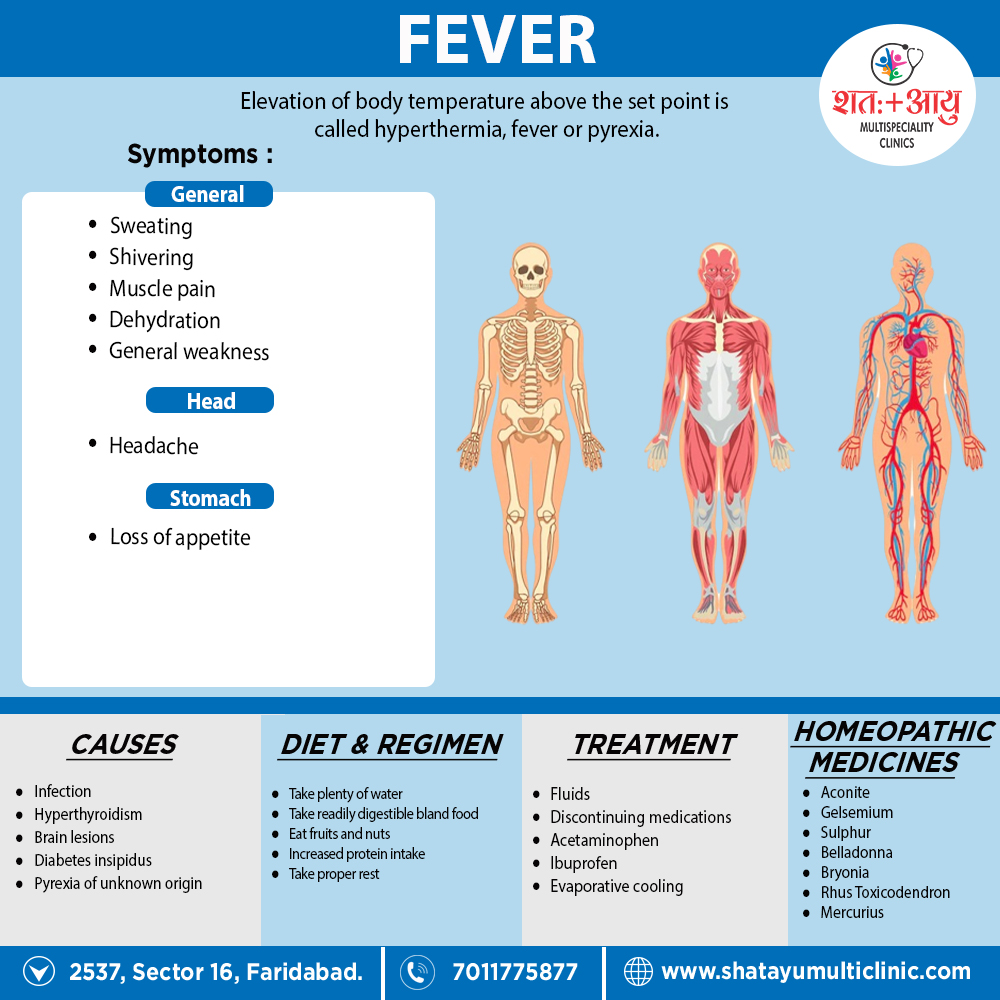Homeopathic Treatment
Homeopathy treats the person as a whole. It means that homeopathic treatment focuses on the patient as a person, as well as his pathological condition. The homeopathic medicines selected after a full individualizing examination and case-analysis.
which includes
- The medical history of the patient,
- Physical and mental constitution,
- Family history,
- Presenting symptoms,
- Underlying pathology,
- Possible causative factors etc.
A miasmatic tendency (predisposition/susceptibility) also often taken into account for the treatment of chronic conditions.
What Homoeopathic doctors do?
A homeopathy doctor tries to treat more than just the presenting symptoms. The focus is usually on what caused the disease condition? Why ‘this patient’ is sick ‘this way’?.
The disease diagnosis is important but in homeopathy, the cause of disease not just probed to the level of bacteria and viruses. Other factors like mental, emotional and physical stress that could predispose a person to illness also looked for. No a days, even modern medicine also considers a large number of diseases as psychosomatic. The correct homeopathy remedy tries to correct this disease predisposition.
The focus is not on curing the disease but to cure the person who is sick, to restore the health. If a disease pathology not very advanced, homeopathy remedies do give a hope for cure but even in incurable cases, the quality of life can greatly improved with homeopathic medicines.
Homeopathic Medicines for Fever:
The homeopathic remedies (medicines) given below indicate the therapeutic affinity but this is not a complete and definite guide to the homeopathy treatment of this condition. The symptoms listed against each homeopathic remedy may not be directly related to this disease because in homeopathy general symptoms and constitutional indications also taken into account for selecting a remedy, potency and repetition of dose by Homeopathic doctor.
So, here we describe homeopathic medicine only for reference and education purpose. Do not take medicines without consulting registered homeopathic doctor (BHMS or M.D. Homeopath).
Medicines:
Aconite:
- This remedy typifies a synochal asthenic fever, and corresponds to hyperemia congestion also chill preceding inflammatory fever.
- Frequent chilliness is common in fevers calling for Aconite.
- There is redness of the face, great heat also oftentimes an outward pressing headache.
- A slight degree of delirium does not contra-indicate Aconite
- Besides this; If it is brought on by exposure to dry cold winds or chilling of the body after overheat, especially when warm and sweaty it is well indicated.
- All in all; The attack of fever often terminates with a critical sweat.
Gelsemium:
- This remedy suits dull, stupid, apathetic conditions.
- The patient is dizzy and drowsy, the chill is partial; there is a full flowing pulse with an element of weakness in it.
- It corresponds especially to remittent types of fever and to fevers brought on by warm, relaxing weather.
- The fever is accompanied by languor, muscular weakness and a desire for absolute rest and is unaccompanied by thirst.
Sulphur:
- An excellent fever remedy, it comes in after Aconite when the skin is dry also hot also there is no sweat.
- The fever seems to burn the patient up, the tongue is dry and red also the patient at first is sleepless and restless, but soon becomes drowsy.
- There are no blood changes.
- It is a chronic Aconite or a passive Aconite holding same relation to the veins that Aconite does to the arteries.
Belladonna:
- This remedy is marked by erethism, violent delirium, headache, throbbing carotids and cerebral symptoms.
- Eyes red and glistering; the skin is hot and burning; In detail the heat seems to steam out from the body; it may be followed by a profuse sweat which brings no relief.
- General dry heat with chills, little or no thirst, in fact, the patient may have a dread of water, cool extremities and throbbing headache.
- The fever is worse especially at night.
Bryonia:
- Suits especially a quite form of fever; true, the patient may be restless and toss about, but is always made worse thereby.
- There is intense headache, dull, stupefying with a sensation as if the head would burst at the temples; sharp pains over the eyes, faintness on rising up, dry mouth also a tongue coated white in the middle.
- Cold, chilly sensations predominate in fevers calling for Bryonia, and there is much thirst for large drinks of water at rather infrequent intervals.
- The fever of Bryonia is unmarked by the violence, acuteness and general storm of Aconite or the decomposition and great debility of the acids.
- It is neither synochal nor so markedly asthenic in character, it is between the two and is dependent upon local affections, state of stomach, liver, chest, etc.
Rhus Toxicodendron:
- A form of catarrhal fever, so-called, which is met with frequently calls for Rhus more than for any other remedy.
- It commences with weakness of the whole body with desire to lie down, soreness or bruised sensations in the limbs, aching of limbs and bones, great pain in back, restlessness, worse while lying still, sickness at the stomach, loss of appetite, repugnance for food, great thirst, dry tongue and mouth.
- It is useful on that borderland where febrile cases merge into a typhoid condition.
Mercurius:
- Here the fever is characterized by weariness, prostration also trembling.
- It is slow, lingering fever, generally a gastric or a bilious, remittent fever
- It is characterized by the following combination of symptoms which no other drug has: Profuse salivation, dry throat and great thirst for cold water. [5]
Ferrum Phos:
- Hyperaemia of the brain.
- High fever, quick pulse and increased temperature, sometimes with little thirst.
- During teething when convulsions threaten. [6]

